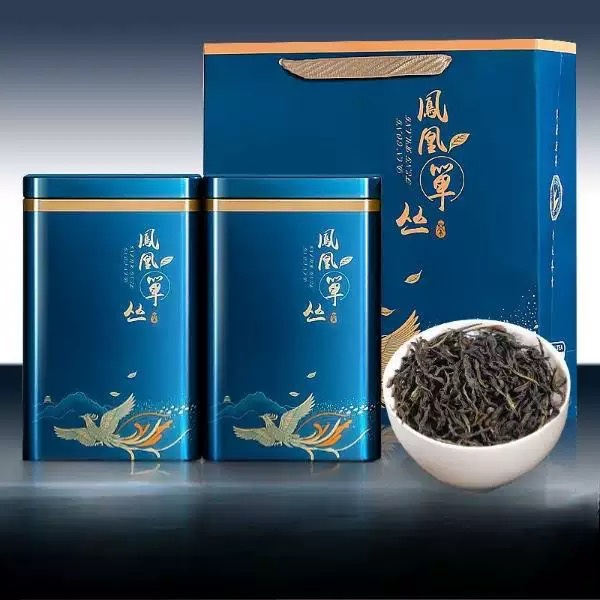
# Oolong Tea’s Impact on Metabolic Health
## Introduction to Oolong Tea
Oolong tea, a traditional Chinese tea, is partially oxidized, placing it somewhere between green and black tea in terms of processing and flavor. Known for its complex taste profile and potential health benefits, oolong tea has gained popularity worldwide. One of its most studied benefits is its impact on metabolic health.
## How Oolong Tea Affects Metabolism
Research suggests that oolong tea may positively influence metabolism through several mechanisms:
– Caffeine content: Oolong tea contains moderate amounts of caffeine, which can temporarily boost metabolic rate
– Polyphenols: The tea is rich in polyphenolic compounds that may enhance fat oxidation
– EGCG: Contains epigallocatechin gallate (EGCG), a compound also found in green tea that may support metabolic function
## Scientific Evidence Supporting Metabolic Benefits
Several studies have examined oolong tea’s effects on metabolism:
A 2001 study published in the Journal of Nutrition found that consuming oolong tea increased energy expenditure by 2.9% compared to water, and 3.4% more than green tea over a 24-hour period.
Keyword: Oolong Tea and Metabolism
Another study from 2003 in the Journal of Medical Investigation showed that regular oolong tea consumption for 12 weeks led to significant reductions in body weight and body fat in overweight subjects.
## Potential Mechanisms Behind the Effects
The metabolic benefits of oolong tea may stem from:
1. Thermogenesis Enhancement
The combination of caffeine and polyphenols in oolong tea appears to stimulate thermogenesis, the process by which the body burns calories to produce heat.
2. Fat Oxidation
Compounds in oolong tea may increase the body’s ability to break down fat for energy, particularly during exercise.
3. Gut Microbiome Modulation
Emerging research suggests oolong tea may positively influence gut bacteria, which play a role in metabolism and weight regulation.
## Practical Considerations for Consumption
To potentially benefit from oolong tea’s metabolic effects:
– Drink 2-3 cups daily
– Consume without excessive sugar or milk
– Time consumption around physical activity for potential enhanced fat burning
– Be mindful of caffeine sensitivity
## Potential Side Effects and Precautions
While generally safe, oolong tea consumption should be moderated due to:
– Caffeine content (may cause insomnia or anxiety in sensitive individuals)
– Possible iron absorption interference
– Potential interactions with certain medications
## Conclusion
Oolong tea appears to offer modest but measurable benefits for metabolic health through multiple mechanisms. While not a magic solution for weight management, when combined with a balanced diet and regular exercise, it may support healthy metabolism. As with any dietary change, it’s best to consult with a healthcare professional, especially for individuals with existing health conditions.
